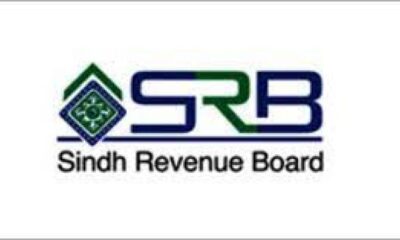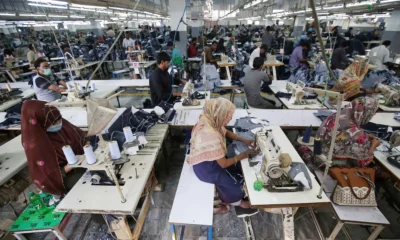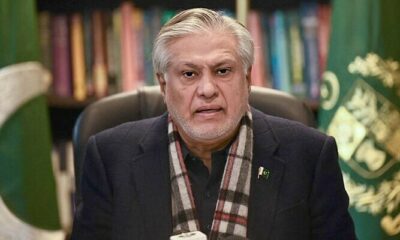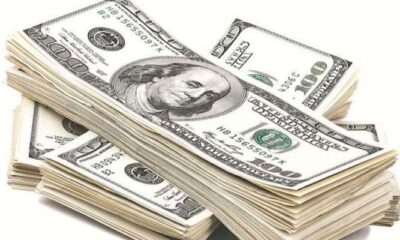Business
Foreign banks’ commission demands compound Pakistan’s economic woes
Foreign banks are now demanding a 10% commission to endorse letters of credit (LCs) for importable consignments in Pakistan, compounding the country’s economic woes.

Foreign banks are now demanding a 10% commission to endorse letters of credit (LCs) for importable consignments in Pakistan, banking insiders revealed on Saturday. This is compounding the country’s economic woes, which are already being felt by businesses and consumers alike.
The rupee’s depreciation, coupled with foreign exchange reserves and debt servicing issues, has elevated the business risks associated with the country. Letters of credit issued by Pakistani banks are no longer deemed credible by international exporters, banking professionals claimed, adding that such LCs required an endorsement from globally recognised foreign banks.
The 10% commission demand is a significant increase from the previous rate of 2%. This is likely to further increase the cost of imports, which are already at a record high. It is also likely to discourage businesses from importing goods and services, which could have a negative impact on economic growth.
The IMF’s directives under the short-term agreement to liberalise imports and uphold a uniform currency exchange rate have backfired, intensifying the country’s economic woes. Imports have suffered twofold as foreign banks raised commissions and the dollar strengthened against the rupee, inflating import expenses.
Analysts believe that the interim government appears ill-equipped to navigate these intricate financial dilemmas, with political instability further complicating matters. The rampant smuggling of commodities such as dollars, wheat flour, sugar, and fuel, alongside widespread corruption, is leading to law-and-order challenges and has become a headache for the government.
The unregulated trade in foreign currencies has allowed the dollar’s open-market rate to soar by nearly 9% above the banking rate. This disparity far exceeds the IMF’s acceptable threshold of 1.25% under the loan deal, posing potential complications for the country’s economic managers when they sit with the IMF team for the upcoming bailout review.
Data sources:
- Dawn: https://www.dawn.com/news/1697722
- Pakistan Bureau of Statistics: https://www.pbs.gov.pk/











